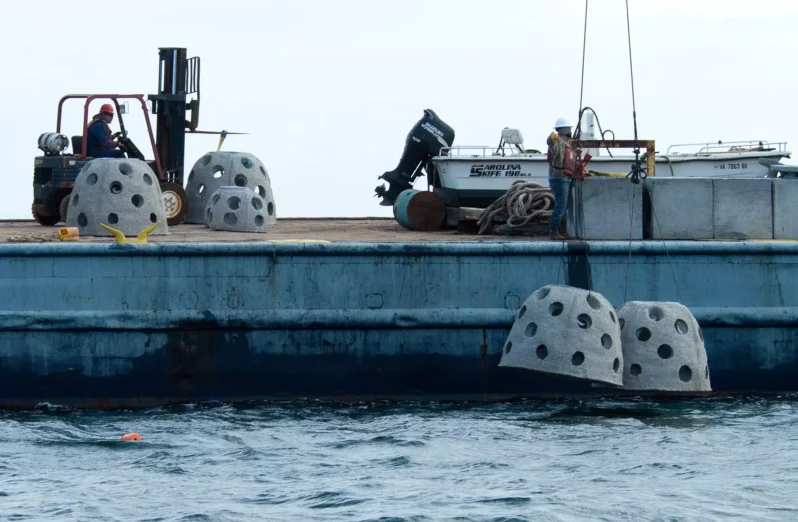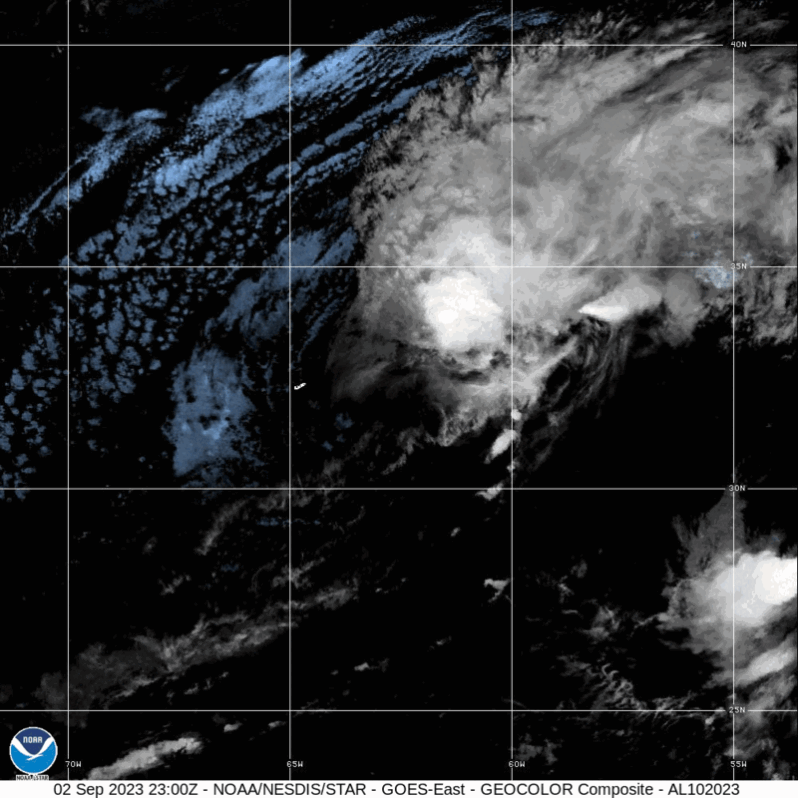Hurricane Idalia shows nature may provide the best shoreline protection – NPR

When Hurricane Idalia slammed into Florida’s Gulf Coast in August (2023), one of the hardest hit areas was Cedar Key. A nearly 7-foot storm surge battered the small fishing community…(NOAA) says Idalia caused an estimated $3.6 billion in damage…But on Cedar Key, when the water receded, scientists found some good news amid all the damage. Nature-based “living shoreline” projects built to protect roads, buildings and other structures were relatively undamaged…
How sea level rise made Idalia’s storm surge worse – the Washington Post

In mid-November 2021, a great storm begins brewing in the central Pacific Ocean north of Hawai‘i. Especially warm water, heated by the sun, steams off the sea surface and funnels into the sky.
A tendril of this floating moisture sweeps eastward across the ocean. It rides the winds for a day until it reaches the coasts of British Columbia and Washington State. There, the storm hits air turbulence, which pushes it into position—straight over British Columbia’s Fraser River valley….
